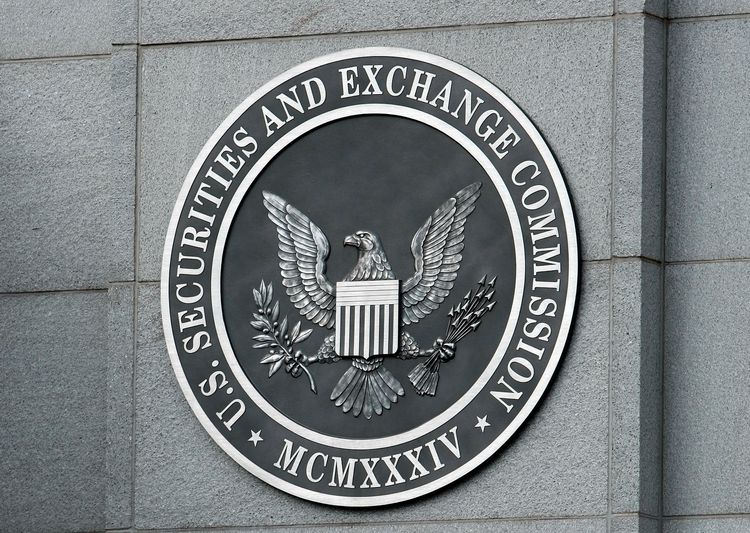In a recent turn of events, the United States Securities and Exchange Commission (SEC) has decided to push back its deadline once more for making a crucial decision regarding the approval of a significant digital asset initiative by Grayscale. The focus of this decision is on Grayscale’s Ethereum Futures Trust Exchange-Traded Fund (ETF), which aims to invest in Ethereum futures contracts. Initially set for March 31, the SEC has now extended the deadline to May 30, allowing additional time for thorough consideration of the proposed ETF and its implications.
Extended Evaluation Period: Understanding the SEC’s Move
This decision underscores the SEC’s methodical approach to digital asset management and the complexities involved in the evolving cryptocurrency landscape. In a statement, the SEC articulated its rationale, emphasizing the need for an extended period to thoroughly assess the proposed rule change and address any concerns that may arise. This extension reflects the SEC’s commitment to making an informed decision on whether to approve or disapprove Grayscale’s Ethereum Futures Trust ETF.
A Look Back at the Journey So Far
The path to this extended deadline has been marked by a series of postponements and strategic considerations. The SEC had previously delayed its decision on Grayscale’s futures ETF products until December 2023, seeking further public input on the listing proposal. This followed Grayscale’s application in September 2023 to list and trade shares of its Ethereum Futures Trust ETF on the New York Stock Exchange, sparking discussions and predictions about the potential impact of such approval on the broader cryptocurrency market.
Interestingly, James Seyffart, a Bloomberg ETF analyst, suggested that Grayscale might be leveraging its futures ETF application to indirectly influence the SEC’s stance on its spot Ether ETF application. Seyffart’s observations highlight the strategic nuances and high stakes involved in the approval process for cryptocurrency ETFs.
The Broader Implications and Industry Response
The extended deadline and the ongoing deliberations over Ethereum-based ETFs have not only affected Grayscale but also other asset management firms like BlackRock and Fidelity, which are navigating their own challenges in launching ETH ETFs. The uncertainty surrounding these approvals has had tangible effects on the cryptocurrency market, with Ethereum’s price experiencing significant volatility in response to regulatory developments.
Industry experts, including John Lo, founder of Capital, have voiced concerns over the SEC’s heightened scrutiny of cryptocurrency ETFs, particularly in the aftermath of the regulatory body’s reluctant approval of Bitcoin ETFs. Lo’s comments reflect a broader sentiment within the cryptocurrency community regarding the regulatory hurdles and the perceived cautious stance of the SEC towards digital asset ETFs.
As the deadline approaches, all eyes are on the SEC as it navigates the complexities of cryptocurrency regulation and its implications for the future of digital asset management. The outcome of this decision could set a precedent for how cryptocurrency ETFs are viewed and regulated, marking a pivotal moment in the evolution of digital finance.
